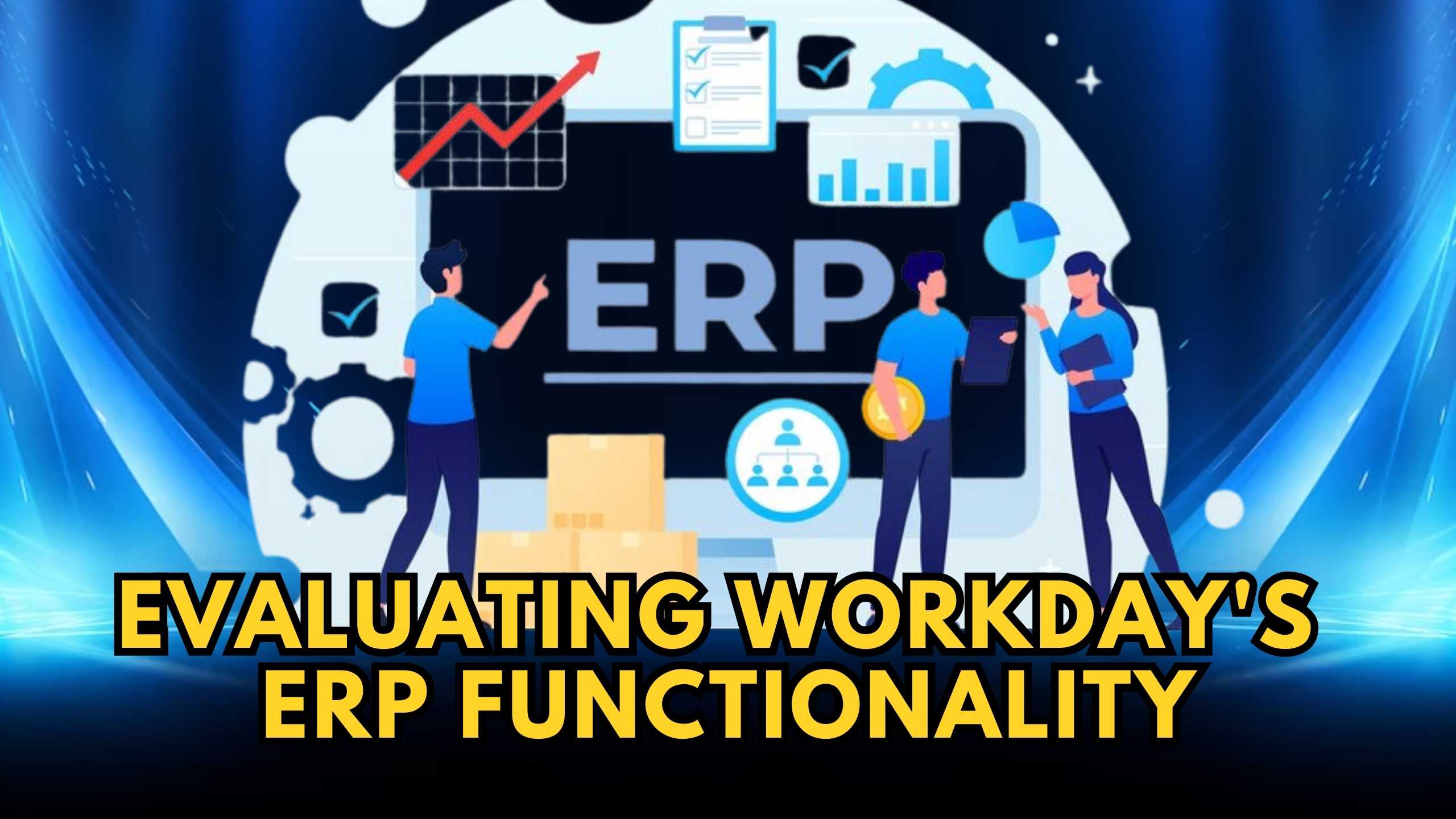Evaluating Workday’s ERP Functionality
- Expense Management Software Credit Cards Investing Business Solutions


Evaluating Workday’s ERP Functionality
As organizations navigate the complex landscape of Enterprise Resource Planning (ERP) solutions, Workday emerges as a prominent player in the realm of cloud-based ERP functionality. This blog aims to comprehensively explore and evaluate the ERP capabilities of Workday, shedding light on its features, benefits, and relevance in the evolving business environment.
Understanding Workday’s ERP Landscape
Workday, renowned for its Human Capital Management (HCM) roots, has expanded its footprint to offer a comprehensive ERP suite. From financial management to human resources and analytics, Workday positions itself as an integrated cloud-based solution. The question arises: Is Workday truly an ERP system?
Workday’s ERP Features
1. Unified Data Management
Workday’s ERP functionality centers around unified data management. It seamlessly integrates various business functions, ensuring a single source of truth for data. For example, when an employee’s information is updated in the HR module, it reflects in real-time across finance and other relevant modules.
2. Financial Management Capabilities
Workday’s ERP includes robust financial management features, encompassing core accounting, financial reporting, and analytics. This provides organizations with the tools to make data-driven financial decisions. For instance, real-time financial insights empower decision-makers to assess the financial health of the organization.
3. Human Resources Integration
An ERP system’s strength lies in its ability to integrate HR functions. Workday’s ERP functionality incorporates HCM seamlessly, offering a unified platform for managing workforce data. This ensures that HR and financial data are interconnected, streamlining payroll, benefits, and other HR processes.
4. Scalability and Adaptability
Workday’s ERP is designed to scale with business growth. Whether it’s the expansion of employee numbers or the addition of new business units, the system adapts to evolving organizational needs. This scalability makes Workday a suitable choice for organizations experiencing dynamic growth.
5. Is Workday Truly an ERP?
In essence, Workday exhibits the core characteristics of a comprehensive ERP system. It integrates various business processes, offers unified data management, and supports critical functions like finance and HR. The evolution from an HCM-centric platform to a holistic ERP solution positions Workday as a robust player in the ERP landscape.
Recommended SaaS Products
- Oracle NetSuite: Streamline business processes with Oracle NetSuite, an integrated suite of cloud applications for ERP, CRM, and e-commerce.
- SAP Business One: Empower small to medium-sized businesses with SAP Business One, an ERP solution that integrates core business functions.
- Infor CloudSuite: Drive operational excellence with Infor CloudSuite, a cloud-based ERP solution offering industry-specific functionality.
- Microsoft Dynamics 365: Unify CRM and ERP capabilities with Microsoft Dynamics 365, fostering intelligent business applications in the cloud.
- Epicor ERP: Optimize business processes with Epicor ERP, designed for industries such as manufacturing, distribution, and retail.
Conclusion
In conclusion, Workday’s ERP functionality proves to be a robust solution for organizations seeking a cloud-based, integrated approach to managing their business processes. The seamless integration of HR and financial modules, scalability, and adaptability position Workday as a viable choice for businesses looking to elevate their ERP capabilities.
Elevate Your ERP Experience with Subscribed.fyi!
Ready to enhance your ERP experience and explore a range of SaaS tools? Sign up for free on Subscribed.fyi to unlock exclusive deals on essential tools that complement Workday’s ERP functionality. From finance to HR, empower your organization with our curated deals and optimize your ERP journey.
Relevant Links:








